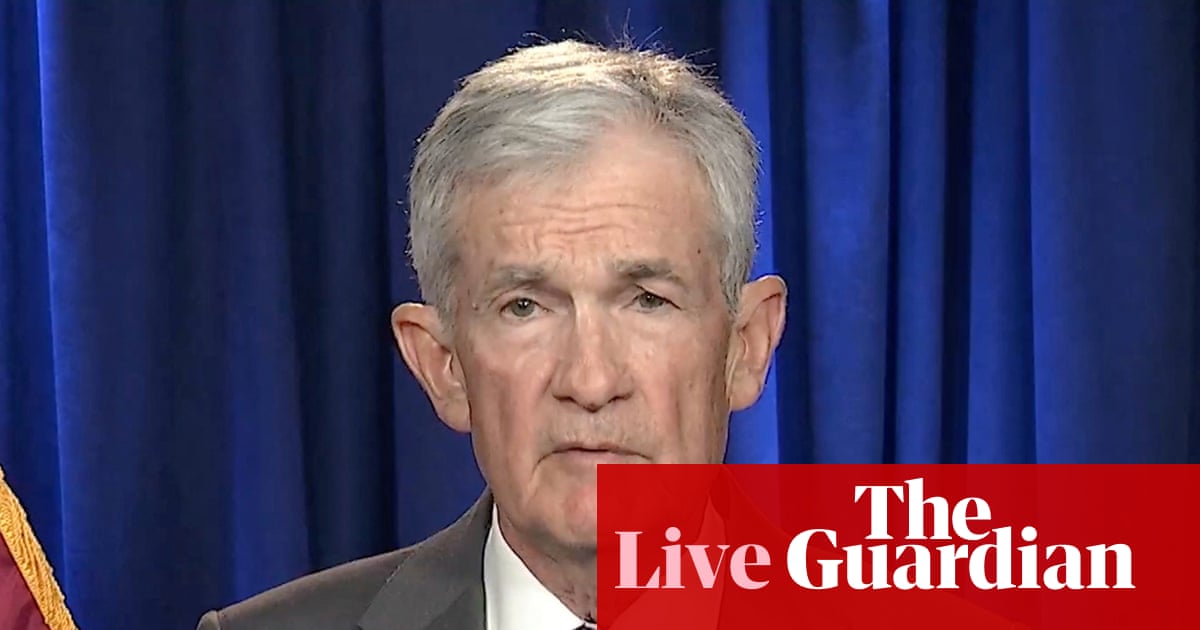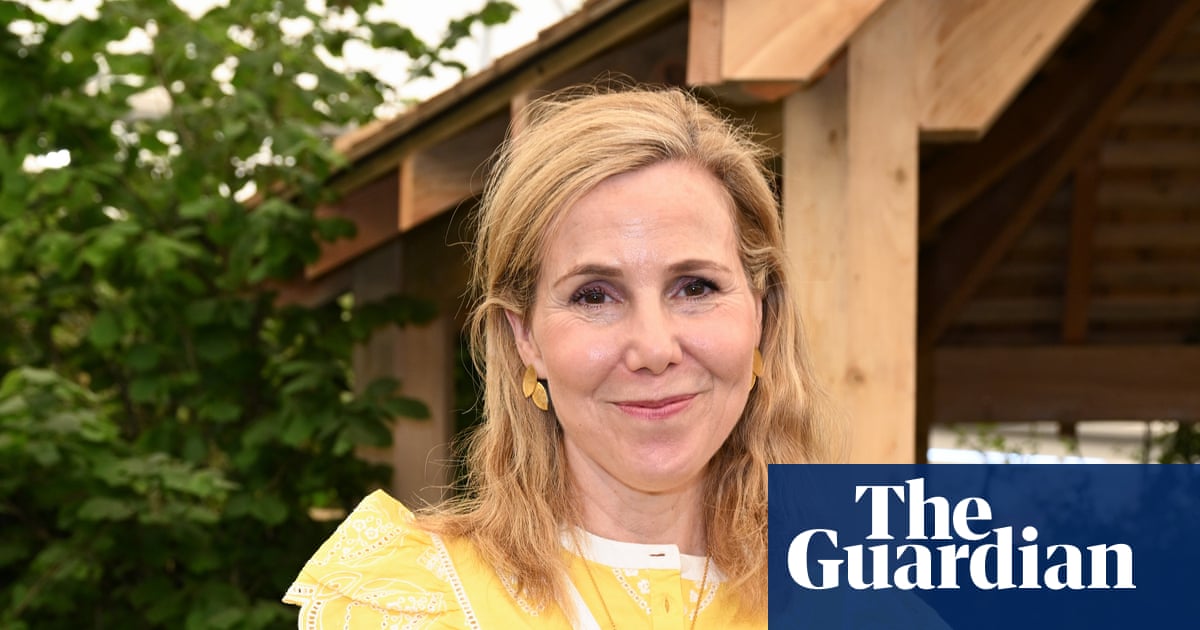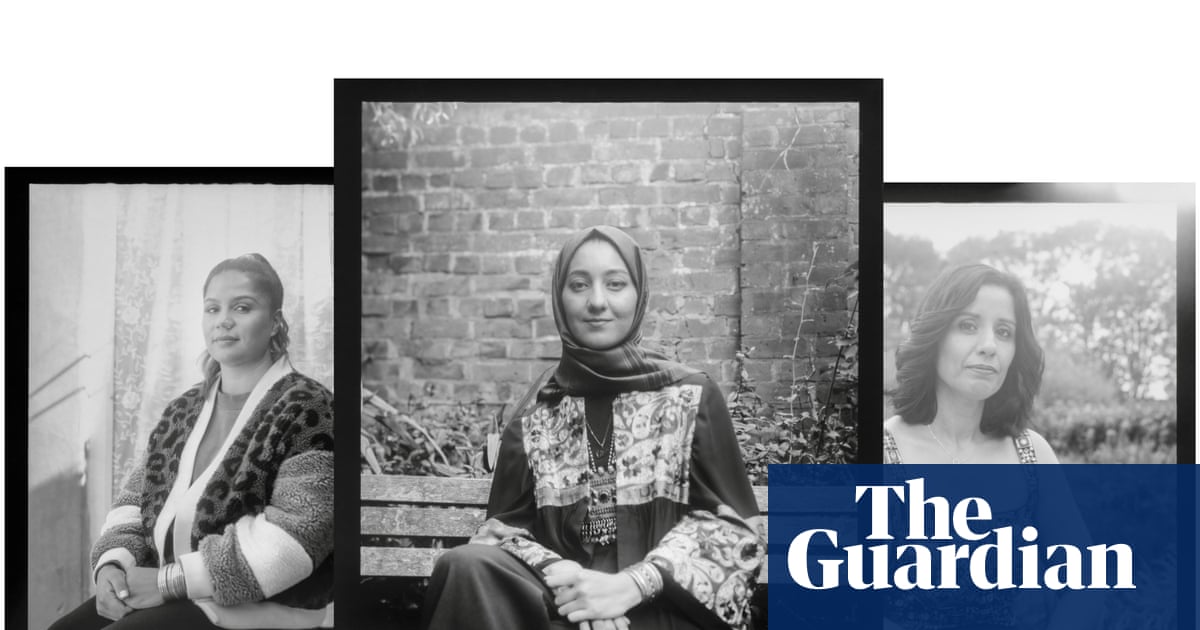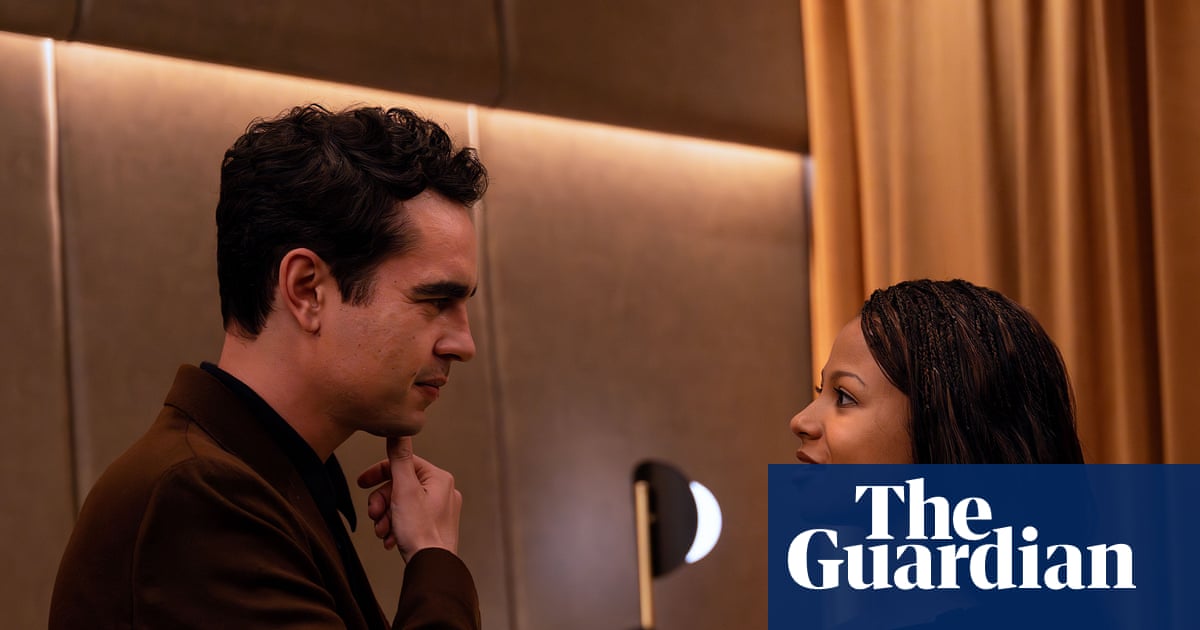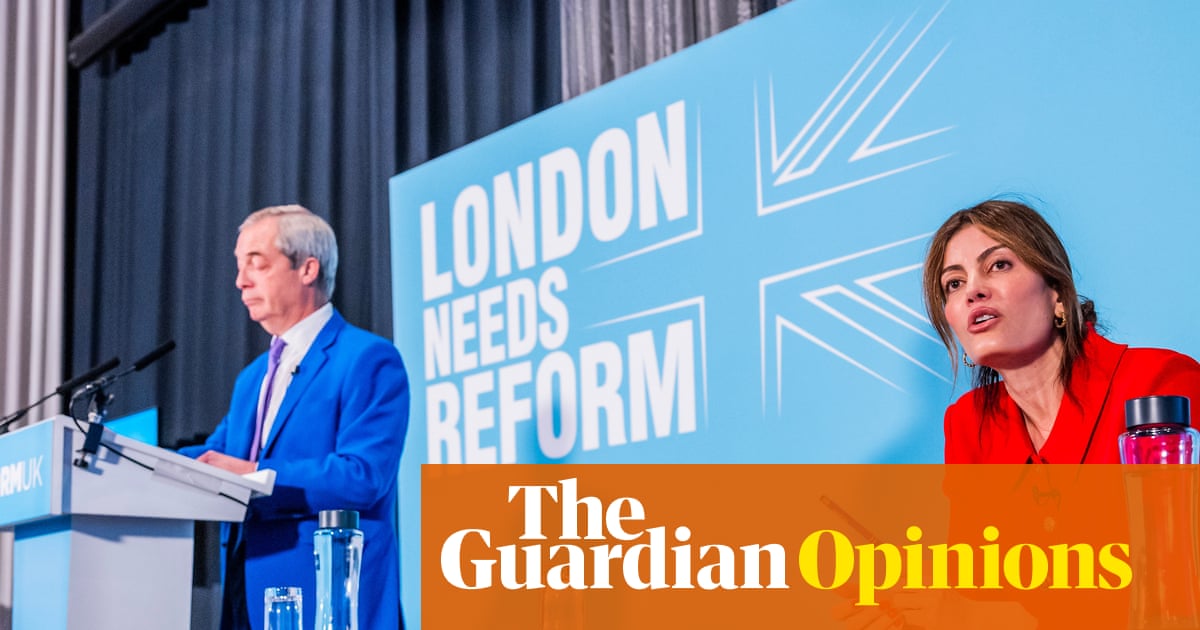Iran’s foreign minister has met the head of the UN’s nuclear watchdog at the start of a frantic round of diplomatic meetings in New York in a bid to avert the reimposition of a wave of UN sanctions on Iran starting on Sunday.
The crisis could rapidly spiral into fresh Israeli calls to attack Iran for failing to cooperate over its nuclear programme. The Israeli prime minister, Benjamin Netanyahu, warned on Monday: “We must destroy the axis of evil Iran and we have the power to do so. This is what lies ahead of us in the coming year, a year that could be a historic one for Israel’s security.”
Kaja Kallas, the EU’s foreign policy chief, said the window for reaching an agreement with Iran was limited, adding it was hard to predict if the snapback of the UN sanctions lifted when Iran reached a nuclear deal in 2015 will take place this weekend. With the deadline so close the risk of diplomatic miscalculation is high.
Abbas Araghchi is also likely to meet European foreign ministers on Tuesday.
He warned: “They have tested Iran repeatedly and know we do not respond to the language of pressure and threat. I hope we can find a diplomatic solution in the coming days, otherwise Tehran will take appropriate measures.”
Some in Iran have said the latest crisis, and the threat of a return to a more prolonged war between Israel and Iran, is so severe that Iran’s president, Masoud Pezeshkian, should try to meet the Donald Trump to break the deadlock in New York.
It would be the first meeting between a US president and an Iranian president since the 1979 revolution in Iran. Pezeshkian spoke with the Iran’s supreme leader, Ayatollah Ali Khamenei, before leaving Tehran for New York.
The deadline for the reimposition of six sets of suspended UN sanctions is Saturday night, when the last chance for the UK, France and Germany to defer sanctions for as long as six months or a year expires. If the three European powers reimpose sanctions, they could not be lifted in future without the US agreeing not to use its veto. Iran has warned the reimposition of UN sanctions would see the end of Iranian cooperation with the nuclear inspectorate.
Araghchi’s meeting with the director general of the UN International Atomic Energy Agency (IAEA), Rafael Grossi, will set the tone for Iran’s diplomacy this week since the lack of Iranian cooperation with the agency lies at the heart of the European’s threat to use their power to reimpose the UN sanctions. Grossi admitted the position was very difficult but said he hoped “we are on the way to get more cooperation”, and that would require more time for diplomacy.
The European countries’ three key demands are that Iran restart full cooperation with the IAEA, including allowing IAEA inspectors to visit Iran’s bombed nuclear sites, provide a full explanation of the whereabouts of its previous 400kg stockpile of highly enriched uranium – and, finally, commit to reopen the talks with the US on the future of its nuclear programme that were broken off when Israel started to bomb Iran’s leadership and nuclear sites on 12 June.
Iran has been trying to extract a US commitment that no further attacks on its nuclear sites will be made by Israel.
At a meeting with the IAEA in Cairo on 9 September, Iran came to an agreement that it would report on the highly enriched uranium stockpile within 28 days. But the proposed agreement, from the European perspective, did not contain enough tangible commitments about IAEA accessing Iran’s bombed nuclear sites, or what would happen to the stockpile.
Since then, Iran has suggested that once the stockpile is located its purity could be reduced from 60% to 20%, making the stockpile less useable for a nuclear bomb.
Iranian diplomats are under huge conflicting domestic pressure, with rival factions waging a ceaseless political battle over the country’s approach to the west, the flaws in the original nuclear deal signed in 2015, and the need to act to get western sanctions lifted. Araghchi has insisted the foreign ministry has the authority to negotiate on behalf of Iran.
The Tehran stock market has reacted very negatively to the threat of sanctions, causing a further depreciation of the rial, a trend that undermines the claims the reimposition of UN sanctions will not have great impact on the already heavily sanctioned economy.
In an attempt to crank up the domestic pressure, a group of more than 70 Iranian parliamentarians released a call for Iran to abandon its opposition to possessing a nuclear weapon.
Ahmad Aryaeinejad, the representative of Malayer in the parliament, referring to the letter of 71 parliament members for building nuclear weapons, said: “Why should most global powers have nuclear weapons, but the Islamic Republic must remain without this weapon? Why everyone yes, us no? We too must build nuclear weapons.”
He continued: “If we have an atomic bomb, even if we don’t use it, our enemies will no longer imagine that they can harm us and do whatever they want.”

 3 months ago
79
3 months ago
79

